5 Best Tactics to Keep Your Child From Getting Sick
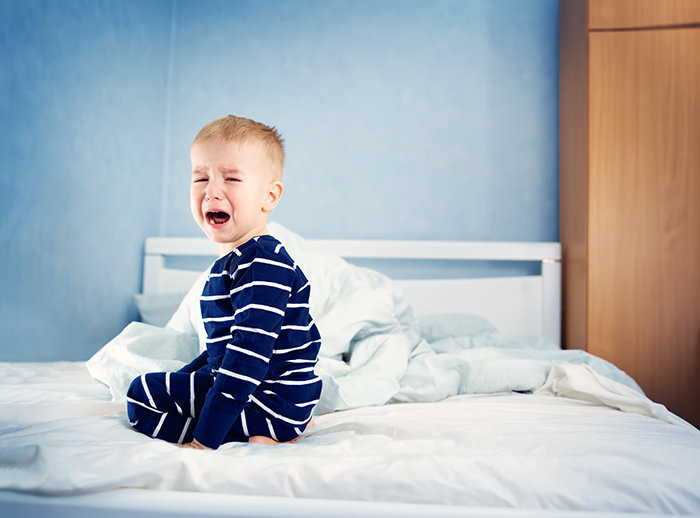

Written By Esther Davy
can we keep our kids from getting sick?
Amidst the fears of the coronavirus spreading, it’s easy to feel helpless and unable to keep your child from getting sick. Thankfully, the mortality for kids under 9 who contract it is almost 0% according to the CDC. Read more here.
It is however a great reminder that we must be teaching our kids healthy habits that will not only protect them today but will also ensure their well being throughout as they grow.
We interviewed Dr. Anique Ali to get his best tactics to keep your kids from getting sick.
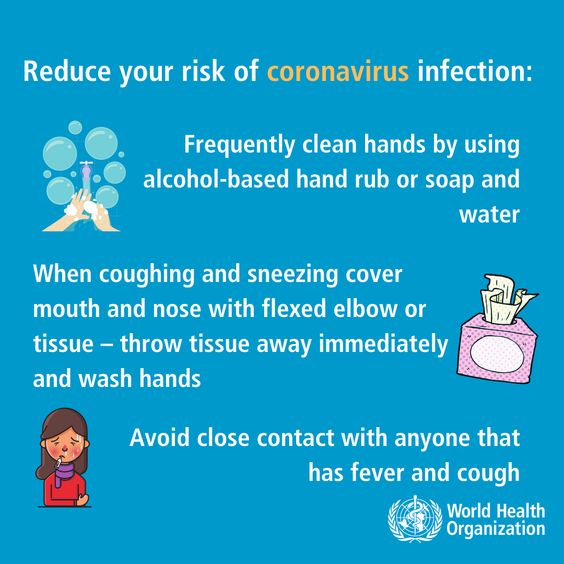
1. HAND WASHING: THE SIMPLEST WAY TO PREVENT YOUR CHILD FROM GETTING SICK
One of the simplest, oldest, yet the most effective way proven by global researchers to prevent transmission of infectious disease is; maintaining good hand hygiene. Proper hand washing with regular hand soap or hand sanitizer can drastically decrease the chances of your child getting sick.
Therefore, teach your kids to always wash their hands before eating and after playing with toys, using the toilet, sneezing, coughing, and interacting with others. Even once an hour can reduce exposure.
Pro Tip: Make this basic routine more interesting by choosing their favorite short nursery rhyme to sing along or counting numbers or alphabets. This simple trick ensures they use the needed 20-30 seconds of scrubbing for effectiveness. Twinkle Twinkle Little Star and Row Row Row your Boat all fit the required time frame.
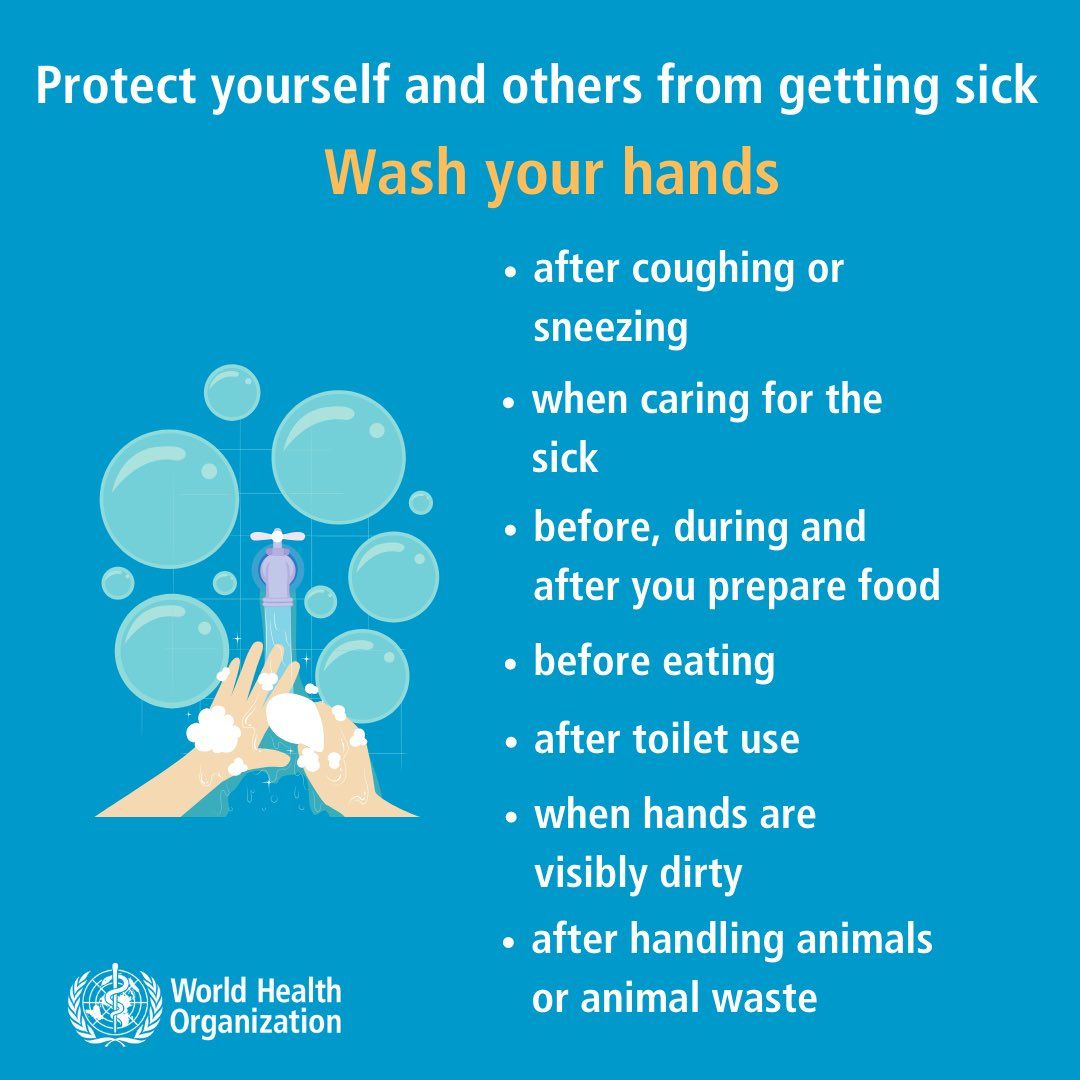
2. Good Sleep Habits Allow Your Child’s Body to Fight Illness
Your child’s cells repair when they are asleep. Therefore, 10-13 hours of sleep is recommended by doctors for preschoolers and 9-11 hours for school age children. Along with duration, the quality of sleep also has a significant impact. Deep sleep phases initiate the release of growth hormones and repair of neurons at cellular levels. Try and create a healthy routine around sleep for lifelong benefits.
3. Healthy Balanced Diet Boosts Your Child’s Immune System
A healthy balanced diet is a fundamental source of immunity-boosting that has an undeniable impact on human health. Therefore, incorporating vegetables, fruits, wholegrain, and dairy products in adequate proportions daily in a child’s diet is crucial.
4. Physical Activity Reduces Risk Factors
Active kids are healthier kids. A sedentary lifestyle is a predisposing risk factor for multiple diseases not only in adults but also kids. Maintaining an active lifestyle helps keep your immune system healthy and able to fight off bacteria and viruses.
Therefore, it is important to always encourage kids to pursue healthy activities such as sports, swimming, cycling, volunteering, walking pets, etc. Any physical activity that makes them happy, burns calories and releases endorphins (the happy hormones) is an important factor for keeping kids healthy throughout their lives.
Visit Our Guides Pages for Ideas on How to Get Active As a Family
5. Mental Health and Physical Health are Intertwined
Mental health actually plays a significant role in physical health. The fact that the mental state of a child has a significant impact on his or her general health is scientifically established.
A depressed or unhappy child is more vulnerable to fall ill in comparison to one who is mentally balanced. Be prepared to talk with your child in an age-appropriate manner about the Coronavirus, sharing facts but not giving into fear.
Take Control of Your Child’s Health: Take Action Today
Most, okay ALL of these concepts are not new. We know we need sleep. We know we should get more exercise. We even know Eleanor cannot live entirely on Kraft Mac and Cheese, although she thinks she can. That yellow powder is a vegetable, right?
However, this virus is a serious wake up call to our family that we haven’t been practicing these healthy habits. Today is a good day to start.
For more information on the coronavirus visit the World Health Organization page: https://www.who.int/news-room/q-a-detail/q-a-coronaviruses
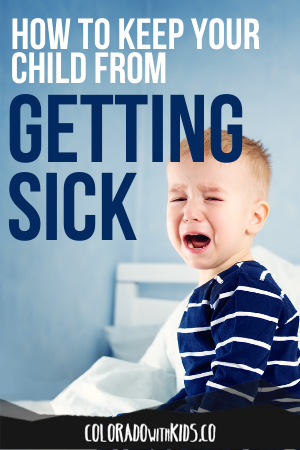
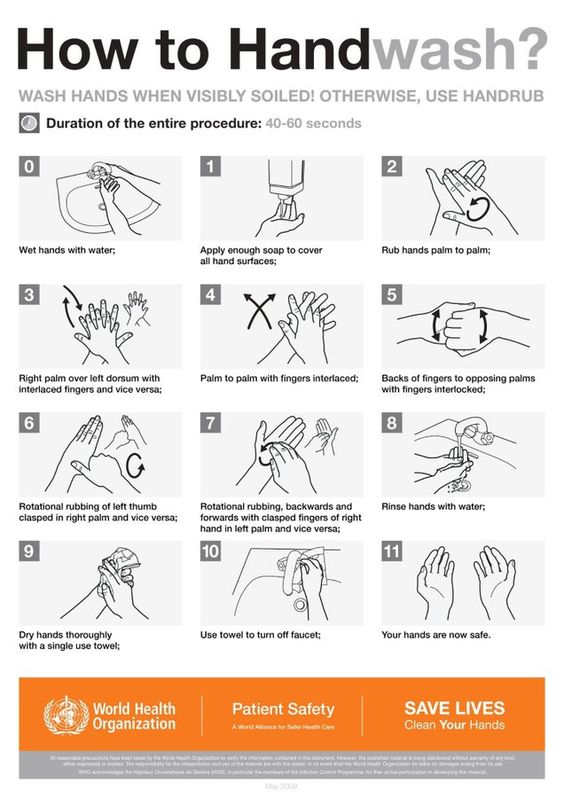
references
Chen, M. Y., Wang, E. K., & Jeng, Y. J. (2006). Adequate sleep among adolescents is positively associated with health status and health-related behaviors. BMC public health, 6(1), 59.
Hill, H. A., Elam-Evans, L. D., Yankey, D., Singleton, J. A., & Kang, Y. (2017). Vaccination coverage among children aged 19–35 months—United States, 2016. MMWR. Morbidity and mortality weekly report, 66(43), 1171.
Ngure, F. M., Reid, B. M., Humphrey, J. H., Mbuya, M. N., Pelto, G., & Stoltzfus, R. J. (2014). Water, sanitation, and hygiene (WASH), environmental enteropathy, nutrition, and early child development: making the links. Annals of the New York Academy of Sciences, 1308(1), 118-128.
Oosterom, J. (1998). The importance of hygiene in modern society. International Biodeterioration & Biodegradation, 41(3-4), 185-189.
Sugars, added sugars and sweeteners. (n.d.) Retrieved from
Wrotniak, B. H., Epstein, L. H., Dorn, J. M., Jones, K. E., & Kondilis, V. A. (2006). The relationship between motor proficiency and physical activity in children. Pediatrics, 118(6), e1758-e1765.
Zeanah, C. H. (Ed.). (2018). Handbook of infant mental health. Guilford Publications.
heart.org/HEARTORG/HealthyLiving/HealthyEating/HealthyDietGoals/Sugars-and-Carbohydrates_UCM_303296_Article.jsp – .V4whk5MrLOZ
Related Articles
Related
7 Tough Questions Kids Ask about Coronavirus and Covid-19
Kids have questions about Covid-19. Here 4 experts teach us how to talk to our kids about Coronavirus.
17 Things to Do When You’re Stuck at Home with Your Kids
I’m not an expert, but I know that the experts are recommending staying home and staying away from others during COVID-19. But what am I supposed to do with my kids all week? Here’s 17 creative activities that keep boredom…
5 Safe Ways to Support Local Business (Even While Staying Home)
COVID-19 has a huge negative impact on our local restaurants, shops and entertainment venues. It is our job as citizens to support our neighbors and even financially invest in the local businesses that mean the most to us and our families. Here’s 5 ways to do that today.

Get Out
Get out of the house and enjoy colorado with kids
Were a collaborative blog with a big mission to make it easy for you to enjoy Colorado with kids. Join the community to get weekly updates with our latest guides and tips.





